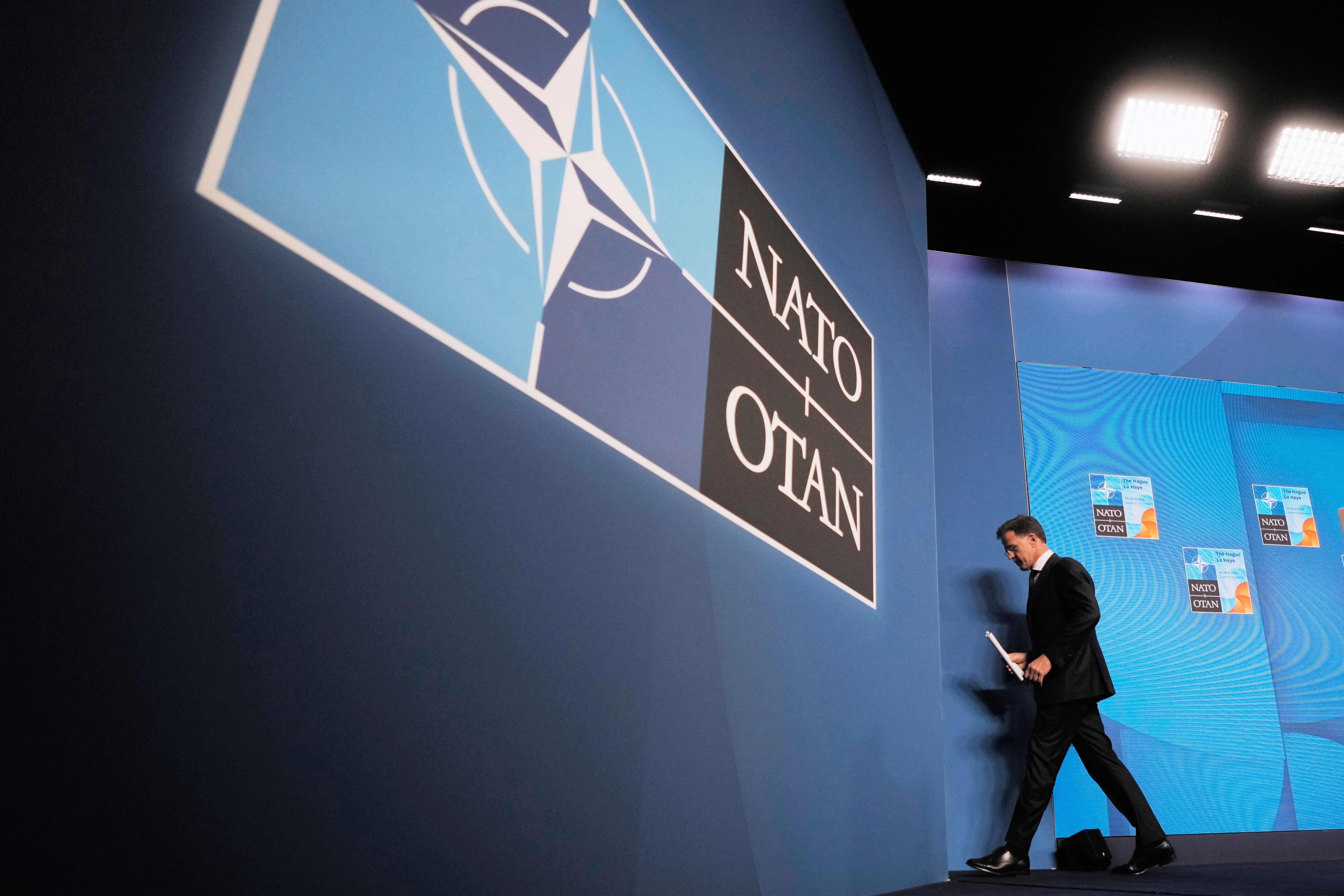NATO Summit Kicks Off in The Hague as U.S. Reaffirms Full Commitment
June 24, 2025 – The Hague, Netherlands — Against the backdrop of escalating global tensions, the 2025 NATO Summit officially opened today in The Hague, bringing together leaders from all 32 member states and key partners, including New Zealand, for high-level talks that could redefine the alliance’s long-term security strategy.
New NATO Secretary-General Mark Rutte, hosting the summit in his home country, began the proceedings by declaring strong, unified transatlantic resolve. He confirmed that U.S. President Donald Trump, attending his first NATO meeting since returning to the presidency, had reaffirmed full American backing of the alliance—though with a renewed demand for more equitable burden-sharing among members.
One of the most significant developments expected from this year’s summit is a proposed increase in defense spending targets, from the long-standing 2% of GDP minimum to a comprehensive 5% benchmark. This new target would include not only traditional military expenditures but also cybersecurity, defense infrastructure, and R&D investment in next-generation technologies.
Trump’s Hardline Message: Support Comes with “High Expectations”
President Trump’s speech at the summit was characteristically direct. He praised NATO’s role but criticized members for what he described as continued over-reliance on U.S. defense capabilities. Trump warned that American support is conditional on greater commitments from Europe and Canada, stating that Washington expects "real action, not symbolic pledges."
His remarks generated mixed reactions. While welcomed by U.S. defense officials and echoed by some Eastern European allies, they caused unease among nations like Spain, Slovakia, and several others reluctant—or unable—to meet the expanded 5% target. Internal divisions over this proposed shift may shape the tone and outcomes of the summit.
Russia Responds Sharply to Spending Hike
The Kremlin wasted no time in reacting. Russian presidential spokesperson Dmitry Peskov condemned the proposal, accusing NATO of “weaponizing fear” by exaggerating the Russian threat to justify militarization. Moscow’s official line paints the increased defense spending as a destabilizing move that further entrenches a Cold War-style divide between East and West.
President Vladimir Putin, closely watching developments from Moscow, is expected to address the matter in a speech later this week. Analysts believe Russia views NATO’s spending escalation as a signal of long-term strategic alignment against it—not just a short-term political response to U.S. pressure.
Ukraine, Emerging Threats, and Middle East Turmoil
While Ukrainian President Volodymyr Zelenskyy is attending the summit, he is not part of the main decision-making dialogue. Nevertheless, discussions around Ukraine’s potential NATO accession and military aid packages remain prominent.
Delegates are also confronting a rapidly evolving threat landscape. Key focus areas include cyber warfare, drone proliferation, hybrid attacks, and the global security implications of Middle East instability, particularly in light of the recent Iran–Israel conflict and its ripple effects.
The summit also marks a deeper push into non-traditional defense domains. Attendees are set to agree on enhanced intelligence sharing, joint cyberdefense exercises, and frameworks to modernize the European defense industry—aimed at reducing overdependence on U.S. hardware and technology.
Domestic Policy vs. Defense Spending: The Debate Intensifies
While defense industry leaders applauded the increased budget proposal, critics voiced concern about diverting resources from domestic priorities. European Commission President Ursula von der Leyen cautioned that national governments must strike a careful balance between military investments and sustainable public spending on areas like healthcare, education, and climate change mitigation.
Similarly, EU Council President Charles Michel urged NATO to consider security holistically, incorporating not just military strength but also economic resilience, energy security, and climate threats.
Some member states are reportedly advocating for a phased implementation of the 5% target, allowing more fiscal flexibility and political maneuvering at home.
Road Ahead: Defining NATO’s Next Chapter
The Hague summit marks what many see as a pivotal inflection point for NATO. In the coming hours, leaders are expected to sign a joint communique that will formalize a revised defense spending roadmap, while also outlining next steps in cyber-readiness, alliance expansion, and crisis management.
Whether the final agreement secures full consensus remains to be seen, especially given internal dissent over the 5% figure. Still, the summit sends a clear message: NATO is preparing to adapt aggressively to a world defined by multipolar threats, technological warfare, and shifting global alliances.
In this rapidly evolving security environment, NATO’s 2025 summit could become a defining moment for how the alliance transforms itself—from a Cold War-era collective defense bloc into a future-ready coalition capable of meeting complex 21st-century challenges head-on.
News Source: https://www.reuters.com/business/aerospace-defense/us-totally-committed-nato-rutte-says-before-hague-summit-2025-06-24/ reuters.com+15reuters.com+15reuters.com+15en.wikipedia.org








